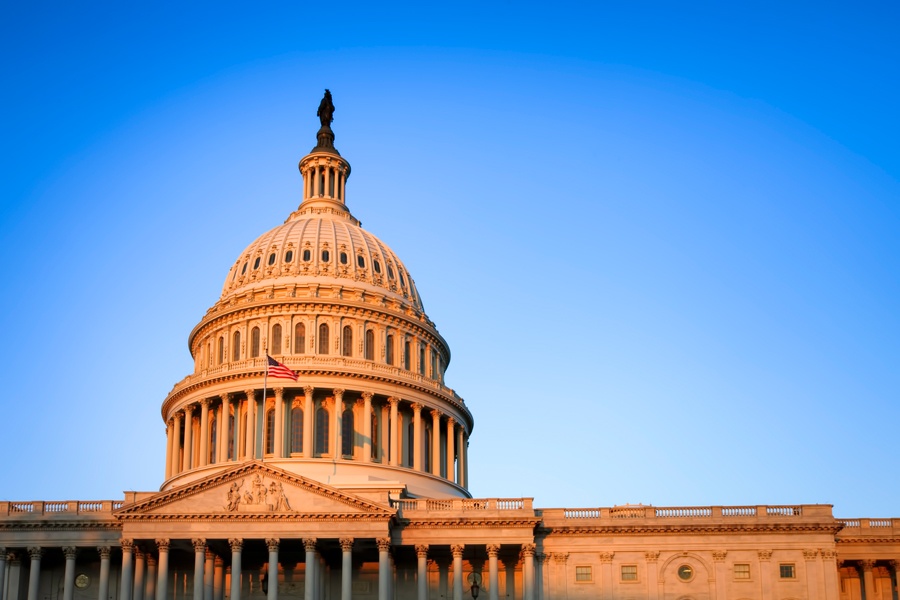

Trade associations representing brokerages and investment funds spent more lobbying lawmakers last year than groups representing investment advisers.
Data compiled by the Center for Responsive Politics and filings with the House Clerk’s Office show the usual heavy investment by industry groups in trying to influence legislation.
For instance, the Securities Industry and Financial Markets Association spent $6.6 million on lobbying in 2019, while the Investment Company Institute spent $4.9 million. Both figures were about the same as the amount each group spent in 2018. The Financial Services Institute spent $480,000 in 2019, hitting the same spending level as in 2018.
The insurance industry also weighed in heavily on Capitol Hill. The American Council of Life Insurers spent $4 million on lobbying last year, compared to $3.6 million in 2018. The National Association of Insurance and Financial Advisors spent $2.4 million in both 2019 and 2018. The Insured Retirement Institute spent $440,000 in 2019, up from $290,000 in 2018.
Investment adviser groups were much more modest in their lobbying outlays.
The Investment Adviser Association spent $220,000 in 2019, the same as in 2018. The Financial Planning Association spent between $40,000 and $50,000 in 2019, roughly the same as it did in 2018.
The FPA hired a government relations firm, The Raben Group, to help it lobby lawmakers. For some quarters, the Raben Group filing showed that it spent less than $5,000 on FPA as a client but didn’t specify an amount.
The Financial Industry Regulatory Authority Inc., the brokerage industry self-regulator, also lobbies Congress. It spent $400,000 in 2019 and $440,000 in 2018. Finra does not contribute to lawmakers' political campaigns.
When trade associations file their lobbying reports, they indicate the legislation — or issues areas — that they target.
In 2019, the SECURE Act topped the list for most groups. Congress approved the legislation, which made significant changes to retirement savings policy, in December after the financial industry had been struggling for years to get it over the finish line.
Another bill that appeared frequently on lobbying disclosure forms of industry groups was one that would impose a 0.1% excise tax on financial transactions.
Proponents say the tax would most impact high-frequency trading and would be a relatively painless way to fund important government programs. Critics of the measure say it would set back ordinary investors, who would pay the levy when purchasing stocks, bonds and other products.
“A financial transaction tax harms Main Street America, who uses financial markets to achieve their dreams, including a secure and dignified retirement,” David Bellaire, FSI executive vice president and general counsel, said in a recent interview.

Elsewhere in Utah, Raymond James also welcomed another experienced advisor from D.A. Davidson.

A federal appeals court says UBS can’t force arbitration in a trustee lawsuit over alleged fiduciary breaches involving millions in charitable assets.

NorthRock Partners' second deal of 2025 expands its Bay Area presence with a planning practice for tech professionals, entrepreneurs, and business owners.

Rather than big projects and ambitious revamps, a few small but consequential tweaks could make all the difference while still leaving time for well-deserved days off.

Hadley, whose time at Goldman included working with newly appointed CEO Larry Restieri, will lead the firm's efforts at advisor engagement, growth initiatives, and practice management support.
Orion's Tom Wilson on delivering coordinated, high-touch service in a world where returns alone no longer set you apart.
Barely a decade old, registered index-linked annuities have quickly surged in popularity, thanks to their unique blend of protection and growth potential—an appealing option for investors looking to chart a steadier course through today's choppy market waters, says Myles Lambert, Brighthouse Financial.
